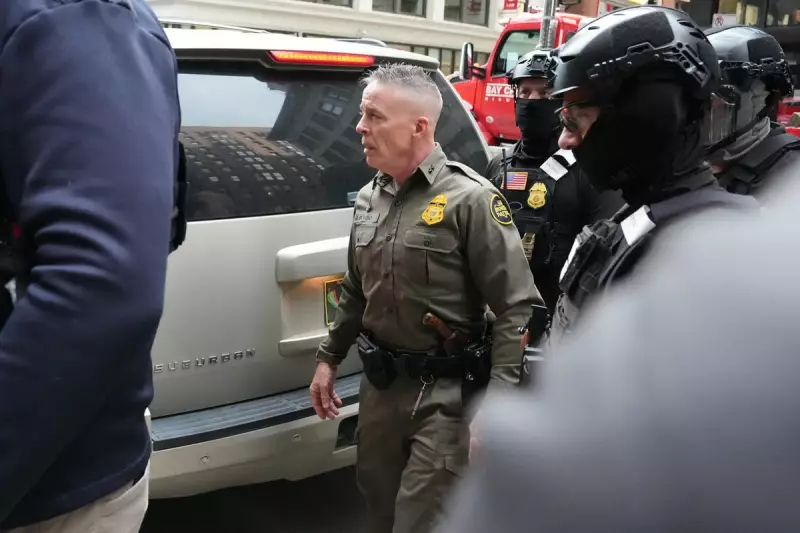
In a dramatic escalation of tensions between immigration advocates and federal authorities, Chicago has become the latest battleground over enforcement tactics reminiscent of the Trump administration.
Border Patrol agents have been attempting to conduct immigration operations at Chicago's O'Hare International Airport, prompting swift and organised resistance from the city's legal community. Lawyers have been forming human barriers and rushing to terminals to protect travellers from potential questioning and detention.
Legal Rapid Response Teams Mobilise
The confrontation represents a continuation of tactics first deployed during Donald Trump's presidency, when his administration's hardline immigration policies frequently sparked clashes at airports nationwide. Chicago's robust network of immigration attorneys has maintained their rapid response system, ready to deploy at a moment's notice when Border Patrol activity is reported.
One attorney involved in the efforts described the scene as "tense but controlled," with legal observers carefully documenting every interaction between federal agents and passengers. "We're seeing the same playbook from the Trump years being tested again," the lawyer noted, requesting anonymity due to the sensitivity of ongoing cases.
Federal Authority vs Local Resistance
The standoff raises fundamental questions about the limits of federal immigration enforcement in spaces traditionally considered under local jurisdiction. While Border Patrol maintains broad authority to operate within 100 miles of any US border—including coastal areas—their presence at major transportation hubs continues to draw legal challenges and public protests.
Chicago has long positioned itself as a sanctuary city, with local policies limiting cooperation with federal immigration authorities. However, this commitment is repeatedly tested when federal agents exercise their authority in very public spaces like O'Hare, one of the nation's busiest airports.
Pattern of Escalating Tensions
This isn't the first time such confrontations have occurred. Similar scenes played out in Portland and other cities during the Trump administration, where federal deployments sparked widespread protests and legal battles. The recurrence in Chicago suggests these tensions never fully resolved, merely waiting for the right circumstances to reignite.
Immigration advocates argue that airport enforcement creates a "chilling effect" on travel and unfairly targets individuals based on appearance and documentation. Federal authorities maintain they're simply enforcing existing laws and addressing specific security concerns.
As both sides dig in their heels, travellers find themselves caught in the middle of a political and legal struggle that shows no signs of abating. The Chicago standoff serves as a potent reminder that the battles over immigration enforcement that defined the Trump era continue to shape American communities and test the boundaries of federal power.





